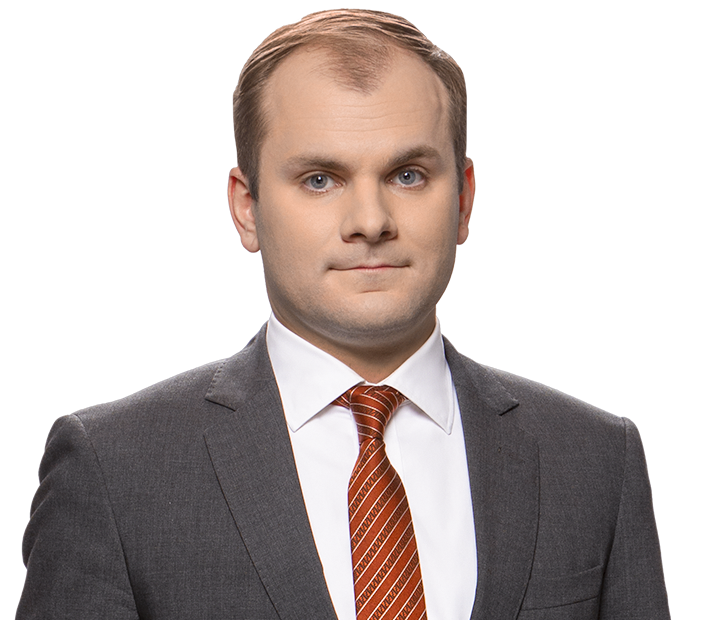Dmitry Kuptsov
Partner, Advocate, LL.M.Chambers Europe
We would recommend Dmitry Kuptsov as being highly dedicated, competent and flexible in providing his excellent legal services.

Chambers Europe
We would recommend Dmitry Kuptsov as being highly dedicated, competent and flexible in providing his excellent legal services.
Dmitry Kuptsov is a Partner in the Dispute Resolution and Restructuring & Insolvency Practices, and Head of International arbitration Practice at ALRUD Law Firm.
Dmitry specializes in handling complex domestic and cross-border disputes, in various areas of law and business industries. He has extensive experience working on full-scale projects, in the fields of restructuring and bankruptcy. He also successfully represents clients in arbitrations and proceedings on enforcement of arbitral awards in Russia and abroad. Dmitry’s sphere of expertise additionally includes conducting internal investigations, compliance checks and asset tracing, in different jurisdictions.
Dmitry graduated from the Faculty of Law of the Higher School of Economics in 2012. In 2013, he received a Master's Degree in Law from Lund University (Sweden).
In 2017, Dmitry was on secondment in London at the law firm Slaughter and May, member of The Magic Circle. Dmitry is a member of the International Bar Association (IBA).